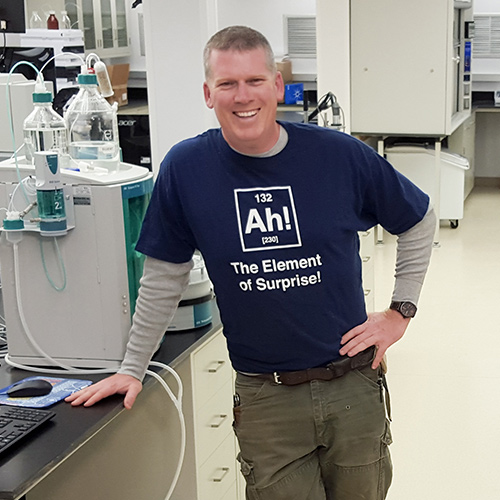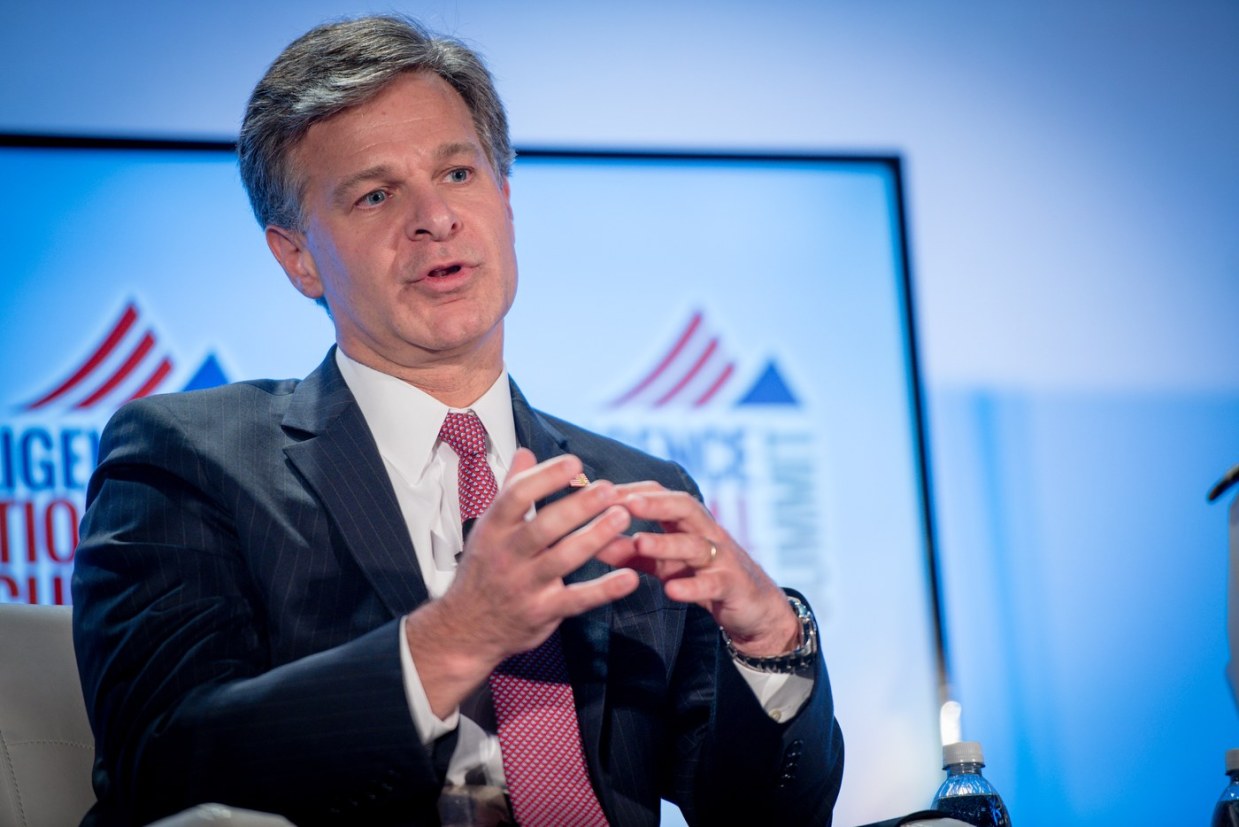
This term -- panic buying -- is thrown around in a presumptive way, hoping you never notice the underlying assumption is false.
When I look around at all the purchasing activity taking place right now, I don't see any panic buying at all.
What I see is people standing in line, calmly waiting their turn at the checkout lane, engaging in rational transactions to acquire items that are needed to endure a quarantine lockdown.
That isn't "panic buying," it's rational purchasing.
In fact, the term "panic buying" is a contradiction. If people are in a panic, they aren't "buying" at all. They're looting. "Panic looting" is a real thing, and it's characterized by people in a mad scramble, smashing doors, stealing goods and sprinting away. That's what a panic looks like. But we're not seeing much of that (yet, anyway).
Standing in long lines and waiting your turn at Costco is not a panic. It's quite civil, in fact. Handing over your credit cart to process a grocery purchase is not a panic, it's a calm transaction.
Those publishers who keep using the term "panic buying" are trying to make you believe that purchasing products in the middle of a global pandemic is somehow an overreaction to a global economic collapse and supply line disruptions. But it isn't an overreaction at all. It's a very intelligent, appropriate reaction.
It makes rational sense to trade dollars for goods you'll use anyway, given how quickly the dollar is going to lose value thanks to helicopter money bailouts
Stocking up on goods you'll use in the near future is a very rational decision, given how the Federal Reserve is printing money like mad, eroding the value of the dollar and leading to price inflation for consumer goods in the months ahead.
In fact, pre-purchasing goods you'll consume in the future is one of the most rational investments anyone can make right now. The return on your dollar may be tremendous, perhaps 40% on an annualized basis, depending on how much price inflation creeps into groceries and common consumer products.
If you're going to need to wipe and flush in the future, and you know that toilet paper has a long shelf life, it actually makes rational sense to pre-purchase a year's supply of toilet paper with today's dollars, knowing that dollars will lose a significant amount of value over the coming year. It's like getting a significant discount on the goods you're going to consume anyway.
Those who try to hold on to fiat currency dollars and avoid purchasing needed products may find themselves wiping with paper dollars as the purchasing value of the fiat currency collapses. That's a form of "greenbacks for the back side."
We all tease the people who loaded up their carts with toilet paper in the first phase of the pandemic, but in retrospect they weren't acting irrationally. Sure, they could have balanced their preparedness a little better and maybe added some food and cleaning products to their shopping list, but at least they understood what most Americans were late to figure out: There will be shortages of stuff you need.
When the government hoards supplies, it's called a "strategic stockpile"
That's why the government itself is engaged in massive hoarding of the very same supplies they tell the public to avoid buying (such as N95 masks). When the government acquires these supplies, nobody accuses the government of "panic buying." Nope, it's called "strategic stockpiling."
So why isn't it called "strategic stockpiling" when you or I do it? When individuals do the same thing the government is doing, they're accused of "panic buying."
But that's because the publishers trying to hammer the concept of "panic buying" are being dishonest. They are trying to condemn rational purchases by informed individuals as a way to shame people for prepping.
Its the same tactic as calling preppers "tin foil hat" people.
And I don't know about you, but right now I'm noticing that preppers are the new geniuses of society. They are the ones who didn't have to "panic buy" anything, since they were already well prepared.
The only ones panicking are the same stupid people who mocked and shamed preppers
The stupid people, it turns out, are those who mocked preppers. And it's those stupid people, more than anyone else, who are in a panic because they failed to prepare for any kind of collapse.
So if there's any panic buying taking place at all, it's only among the smug deniers who mocked and shamed people for being prepared.
Maybe they deserve to panic. It would certainly be a source of great amusement to all the preppers who have spent decades warning the masses that an event precisely like this one would occur.
In fact, a global pandemic is one of the top scenarios that preppers have been warning about, which is why they got squared away in advance and had no need to panic.
Here are some useful definitions to share and repeat:
"Panic" is what happens when the stupid masses realize they were wrong.
"Hoarding" is what stupid people call prepping when they realize they failed to prepare and might starve to death.
"Hysteria" is how stupid people describe appropriate reactions after they've been caught unprepared themselves.
Watch for those three terms: Panic buying, hoarding and hysteria. These are words and phrases used by dishonest, mean-spirited people who failed to prepare and are now trying to condemn those who did.
When these people come knocking on your door, asking for emergency food supplies, tell them to stop "panic begging."
Hear all my daily podcasts at the Health Ranger Report channel on Brighteon.com:
Read more pandemic news at Pandemic.news.

Mike Adams (aka the "Health Ranger") is the founding editor of NaturalNews.com, a best selling author (#1 best selling science book on Amazon.com called "Food Forensics"), an environmental scientist, a patent holder for a cesium radioactive isotope elimination invention, a multiple award winner for outstanding journalism, a science news publisher and influential commentator on topics ranging from science and medicine to culture and politics.
Mike Adams also serves as the lab science director of an internationally accredited (ISO 17025) analytical laboratory known as CWC Labs. There, he was awarded a Certificate of Excellence for achieving extremely high accuracy in the analysis of toxic elements in unknown water samples using ICP-MS instrumentation.
In his laboratory research, Adams has made numerous food safety breakthroughs such as revealing rice protein products imported from Asia to be contaminated with toxic heavy metals like lead, cadmium and tungsten. Adams was the first food science researcher to document high levels of tungsten in superfoods. He also discovered over 11 ppm lead in imported mangosteen powder, and led an industry-wide voluntary agreement to limit heavy metals in rice protein products.
Adams has also helped defend the rights of home gardeners and protect the medical freedom rights of parents. Adams is widely recognized to have made a remarkable global impact on issues like GMOs, vaccines, nutrition therapies, human consciousness.
Please contact us for more information.





















